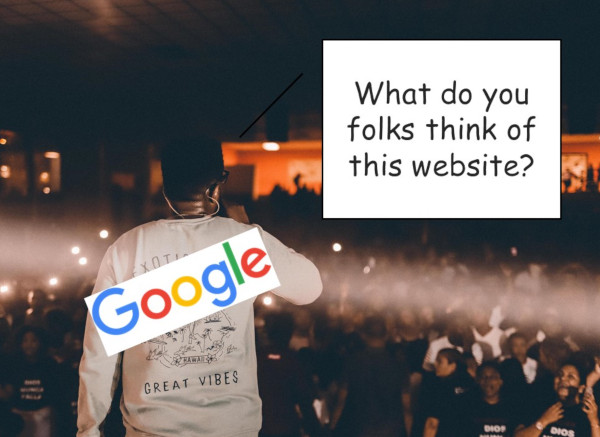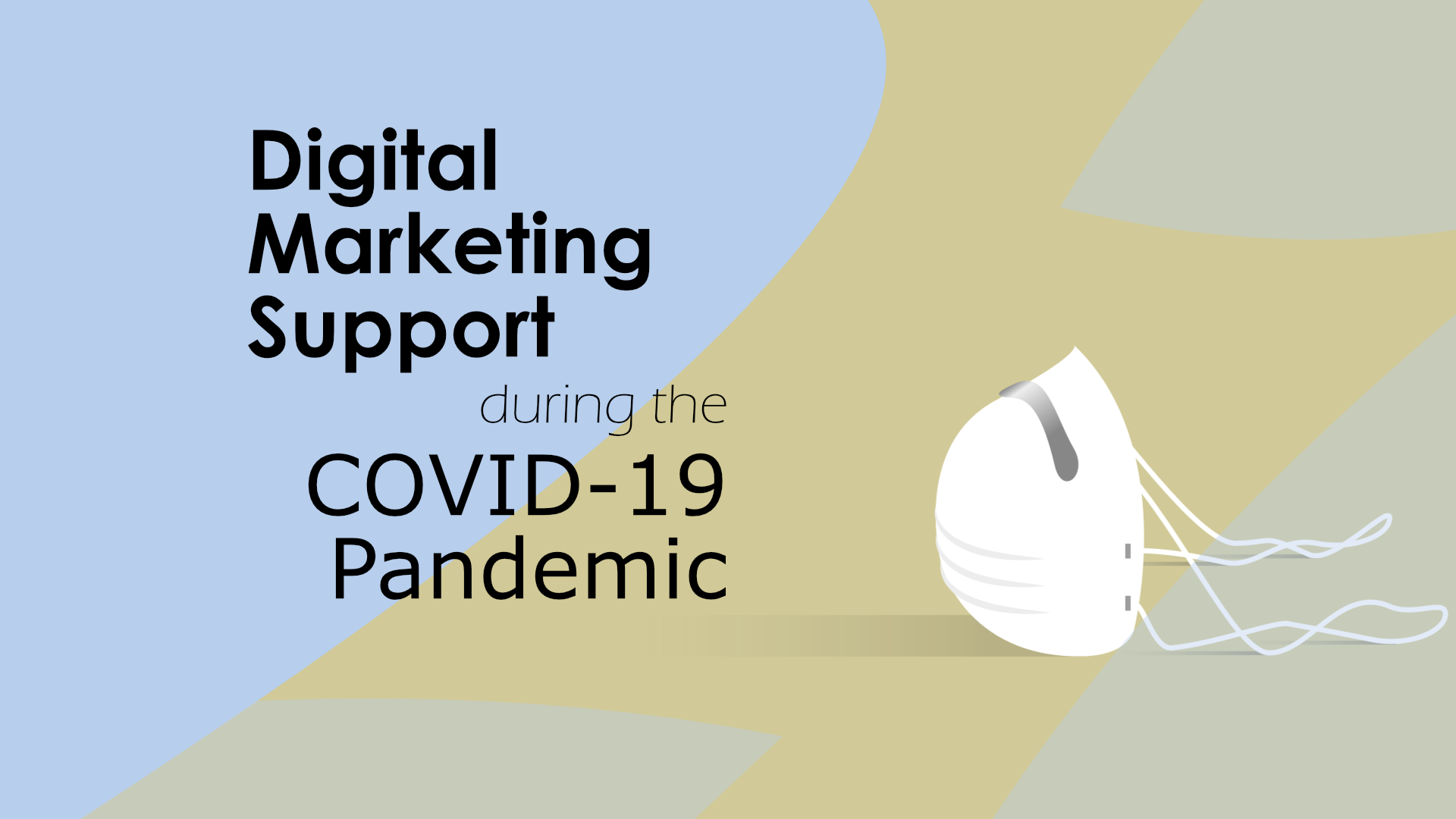As online ad blockers grow increasingly popular and organic reach on social media craters, building search engine traffic to your website is more important than ever before.
However, SEO still remains a mystery to many marketers.
And that’s fair. There’s so much jargon, the internet is constantly changing, and it’s often hard to tell a legitimate SEO strategy from a “black hat” tactic.
Thankfully, the fundamental principles of SEO are really quite simple and have persisted for decades (since the days when Ask Jeeves and AOL ruled the internet).
In this article, we will teach you about the 3 types of SEO — on-page SEO, off-page SEO, and technical SEO — and how each one contributes to ranking high in search engines.
Table of Contents
1. On-Page SEO
On-page SEO is a set of strategies you apply to a web page in order to help that page or a group of pages rank well in search engines. You should do on-page SEO for all of the important pages on your site (home page, product pages, service pages, blog posts, free trial signup, etc.)
For instance, take this article that you are reading. We would love for it to come up in search engines when people look for information about the 3 types of SEO.
How does on-page SEO help with that?
Keywords play a big role, and that begins with keyword research.
Identifying the right keywords is critical. “Right” means that they describe the content of your web page correctly, are searched for frequently, and carry the correct search intent. Checking these boxes helps ensure that your web page gets found and is surfaced to the right people. That means more website visitors and more business!
What do you do with those keywords once you’ve found the right ones?
They go in your web page’s content (the words that are visible on the page) and meta data (stuff that is not visible on the page).
Search engines can’t read minds. These on-page factors are necessary to help them understand what your page is about and who it might be relevant to.
Another very important on-page SEO factor is the content on the page itself.
Google is in the business of serving up great content to users. If it does a poor job, people will switch to a competitor such as Bing or DuckDuckGo. So, Google has tailored its algorithm to identify and serve up high quality, relevant, and timely content.
If you want to rank well in search engines, you have to add fresh, original, engaging content to your website regularly. We recommend that you publish at least two new pieces of content every month. It’s also a good idea to go back and update older content as time goes by.
That’s pretty much the gist of on-page SEO. Overall, remember that the end goal is to rank a specific web page highly in search engines.
2. Off-Page SEO
Off-page SEO (aka off-site SEO), as the name implies, involves activities that don’t take place on your website but rather on social media, news sites, industry publications, other peoples’ blogs, business directories, and more. The most common off-page SEO tactic is link building, which helps boost your reputation on the web.
Search engines essentially crowdsource their opinion of you. They ask other websites how authoritative you are in a given field. Then they use that opinion to determine where you rank in search results for that topic.
When a website links to you, it is vouching for you to search engines. For example, here we are linking to an article from a company called SEO Clarity. We like how they explain the difference between internal vs external links and why each one is important, and we think that you would benefit from this valuable resource.
The more links that you get from reputable sites, the better your site will rank. The same goes for when people share links to your site on social media – they are telling search engines that you have high quality content that other people would be interested in too.
That’s a simple way to look at it, but it’s actually how a big part of search ranking is determined.
How do you get sites to link to you?
One way is to create great content that people will love. If your content is awesome, then readers will want to share it with their friends and colleagues – whether that be through a link on their own site or perhaps on social media. (If you have found this article valuable so far, please consider sharing it!)
Other common strategies include creating citations on reputable listing sites like Google My Business, guest blogging, Tweeting at influencers to share your content, broken link building, and more.
We won’t go into depth about specific link-building techniques or other off-page SEO tactics like online reputation management here. But hopefully you understand now how off-page works and why it’s so important to your SEO strategy.
3. Technical SEO
A major focus of technical SEO is ensuring that your website is accessible to search engine “crawlers” and provides a great user experience. It’s named as such, because a lot of the tasks involved require technical skills (programming, server administration, etc.) to optimize your website code and infrastructure.
Let’s start by discussing the concept of “access”.
Search engines don’t magically start ranking your website as soon as you build it. First, they have to “crawl” and “index” it.
As the website owner, you have to configure your website so that search engine crawlers can access and index your web pages. For instance, you should have a valid robots.txt file, submit a sitemap to search engines, and stay on top of 404 errors and broken links.
You also need to ensure that your website provides a great user experience that is up to modern standards.
For instance, in the 1990s and early 2000s, 90% of all web browsing took place on a desktop or laptop computer. Nowadays, however, more than half takes place on smartphones and tablets.
To keep pace with that change, Google has introduced a number of technologies and standards meant to make websites perform better on small screens over spotty wireless networks. If you want to rank well in search engine results, you have to follow Google’s guidelines.
In particular, you should consider responsive web design as it relates to mobile-first indexing. Another emerging standard to pay attention to is Accelerated Mobile Pages (AMP), including the recently-announced HTTP-signed exchanges for AMP.
Speed is another increasingly important factor in search ranking. Research has shown that if your website takes more than 3-5 seconds to load, visitors will most likely leave and go to another site that loads faster. So search engines give you points for having a fast-loading site with smooth performance. Some ways to ensure optimal performance include using a robust server, caching, content delivery networks (CDNs), and optimized images.
Recap — 3 types of SEO
Quiz time!
See if you can answer these three questions:
2) How does each type of SEO help determine search engine ranking?
3) Name one strategy used in each type of SEO.
That wasn’t too bad, right?
If you made it through this article and that short quiz, you should now have a solid grounding in the building blocks of SEO.
We will dive deeper into the 3 types of SEO in future articles, so keep an eye out for that!










